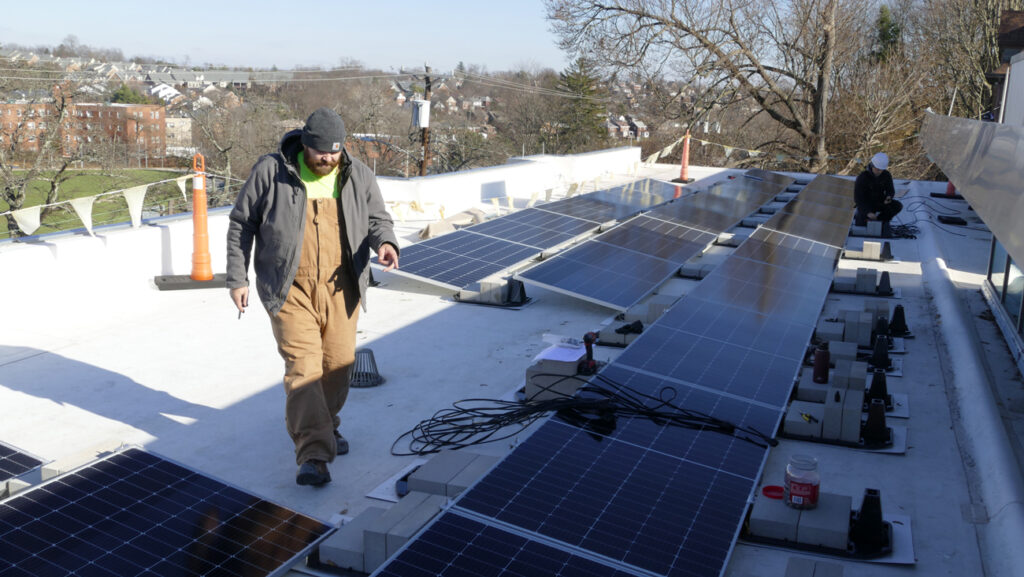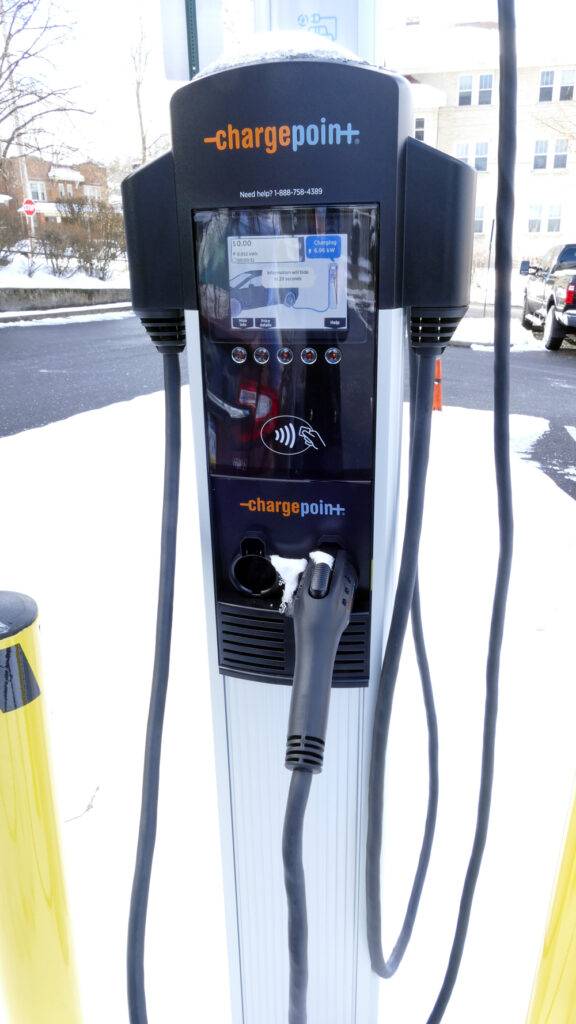Check out what’s
Trending

Holiday Events in Mt. Lebanon

On Tuesday, April 12, 2022, the Mt. Lebanon Commission unanimously adopted a comprehensive resolution that mobilizes “efforts to promote a resilient and sustainable community.” Among the items covered in resolution are commitments to have community-wide net-zero carbon emissions before 2050, the commitment to continue having municipal facilities use 100 percent renewable energy and the commitment to updating the Climate Action Plan at least every 10 years.
Read Commissioner Andrew Flynn’s slide deck from his presentation at the April 12, 2022 discussion session
Read the entire resolution here.
Learn about our robust recycling program

Mt. Lebanon’s energy consultant, Premiere Power Solutions of Jefferson Hills, was able to secure a power contract that locks in rates close to our current contract. That’s especially important right now, with rates set to skyrocket in the months to come. At the same time, we were able to get those prices from a carbon-free supplier.
PurpleAir Monitors are located at the following locations:
To check out the air quality at these and many other monitors, visit PurpleAir.
Research our air quality at airnow.

Mt. Lebanon has several opportunities to charge EVs. For a list, go to the Parking Page.
A climate action plan is a detailed and strategic framework for measuring, planning, and reducing greenhouse gas (GHG) emissions and related climatic impacts. Municipalities design and utilize climate action plans as customized roadmaps for making informed decisions and understanding where and how to achieve the largest and most cost-effective emissions reductions that are in alignment with other municipal goals. Climate action plans, at a minimum, include an inventory of existing emissions, reduction goals or targets, and analyzed and prioritized reduction actions. Ideally, a climate action plan also includes an implementation strategy that identifies required resources and funding mechanisms.
At its May 25, 2021 meeting, Commissioners voted to ban coal tar sealants. The U.S. Environmental Protection Agency, the U.S. Agency for Toxic Substances and Disease Registry, and other agencies have determined that exposure to certain Polycyclic Aromatic Hydrocarbons (“PAHs”) pose risks to human health. Products sold to property owners for the purpose of sealing driveways, parking lots and other paved areas are often based on coal tar derivatives and used motor oil and often contain high levels of PAHs.
What can you do? Check out these tips.
The EPA recommends using pavement options such as pervious concrete, permeable asphalt and paving systems that do not require the use of sealants.
Check out what’s

Holiday Events in Mt. Lebanon



